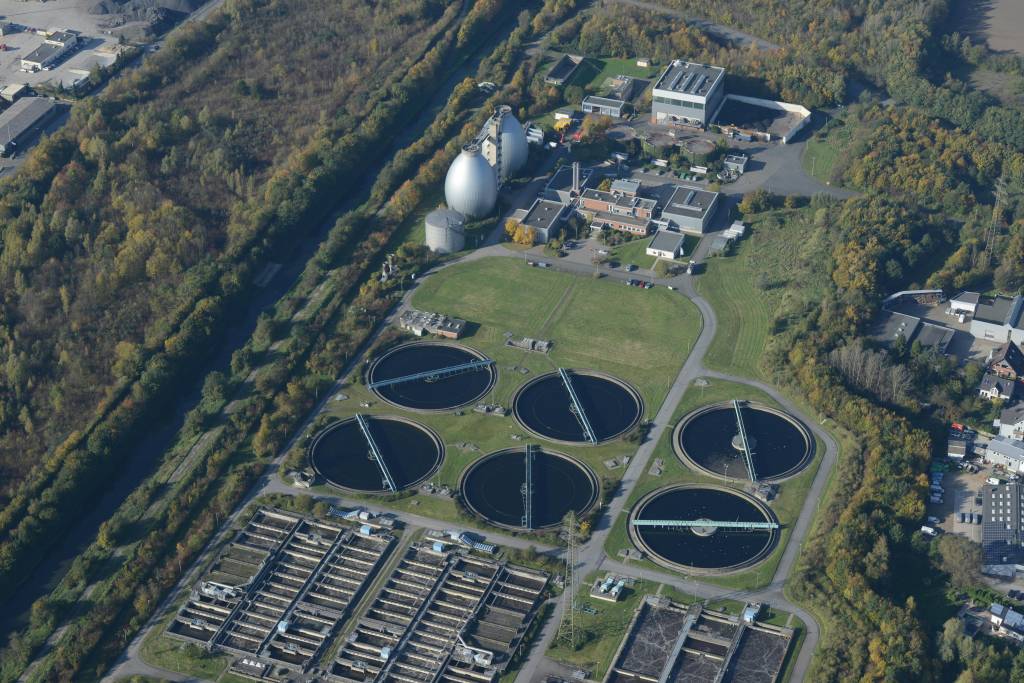In recent years, the pressing issue of water scarcity has garnered global attention. As industries strive to maintain sustainable operations, the focus has shifted towards innovative solutions like wastewater reuse. This approach not only conserves water but also reduces environmental pollution, paving the way for more responsible water management practices. Let's delve into the intricacies of harnessing the power of wastewater reuse and explore its transformative impact on industrial water management.
Understanding Wastewater Reuse
Wastewater reuse involves the process of recycling treated wastewater for various applications, including industrial uses. This practice is becoming increasingly vital as traditional water sources dwindle and environmental regulations tighten. Industries are now looking towards treated wastewater as a reliable alternative, marking a significant shift in water management strategies.
Benefits of Wastewater Reuse in Industry
Implementing wastewater reuse in industries offers a myriad of benefits:
- Resource Conservation: Reusing wastewater reduces the dependency on freshwater sources, thereby conserving this precious resource for future generations.
- Cost Efficiency: Recycling wastewater can reduce water procurement and disposal costs, enhancing the overall economic efficiency of industrial operations.
- Environmental Impact: By diminishing the volume of discharged wastewater, industries can significantly lower their ecological footprint, contributing to environmental preservation.
- Regulatory Compliance: Adopting wastewater reuse practices helps industries comply with ever-stringent environmental regulations, avoiding legal penalties and fostering a positive corporate image.
Technological Innovations Driving Wastewater Reuse
Advancements in technology have propelled the feasibility and efficiency of wastewater reuse systems. From membrane filtration to advanced oxidation processes, industries have access to a suite of cutting-edge technologies that facilitate effective wastewater treatment and reuse. These innovations ensure the production of high-quality water suitable for even the most demanding industrial applications.
Challenges and Considerations
Despite its numerous benefits, integrating wastewater reuse into industrial processes is not without challenges. Here are a few considerations:
- Initial Investment: The cost associated with setting up advanced treatment facilities can be substantial. However, the long-term savings often outweigh the upfront expenses.
- Quality Control: Ensuring the consistent quality of treated wastewater is crucial to prevent disruptions in industrial processes and safeguard equipment longevity.
- Public Perception: Overcoming societal resistance and misconceptions about using treated wastewater is essential for broader acceptance and implementation.
Case Studies: Successful Implementation
Numerous industries have set a precedent by successfully integrating wastewater reuse systems into their operations. For instance, the textile industry, notorious for its water-intensive processes, has employed large-scale wastewater recycling to achieve significant water savings and reduce pollution.
Similarly, the food and beverage sector has utilized advanced purification techniques to incorporate recycled wastewater into their cleaning and cooling processes, demonstrating the versatility and reliability of these systems.
Future Prospects
As environmental pressures intensify, the future of industrial water management appears to be intertwined with wastewater reuse. With continued research and development, it's anticipated that more cost-effective and efficient treatment technologies will emerge, further encouraging widespread adoption.
Moreover, government policies and incentives geared towards promoting wastewater reuse could act as significant catalysts, encouraging industries to invest in sustainable water management practices.
Steps for Industries to Adopt Wastewater Reuse
Industries looking to adopt wastewater reuse can follow a structured approach:
- Feasibility Study: Conduct thorough assessments to evaluate the potential for wastewater reuse within existing operations.
- Technology Selection: Choose appropriate treatment technologies tailored to the specific needs and wastewater characteristics of the industry.
- System Design and Integration: Design a robust system that seamlessly integrates with current processes while ensuring cost-effectiveness and operational efficiency.
- Training and Education: Provide comprehensive training for staff to ensure the effective management and monitoring of the new systems.
- Continuous Monitoring and Optimization: Implement a framework for ongoing evaluation and improvement of the wastewater reuse processes to maximize efficiency and output.
The integration of wastewater reuse into industrial practices presents an opportunity to revolutionize water management. By embracing innovative technologies and overcoming initial challenges, industries can pave the way for a more sustainable future, ensuring that water scarcity does not impede their growth and success.




